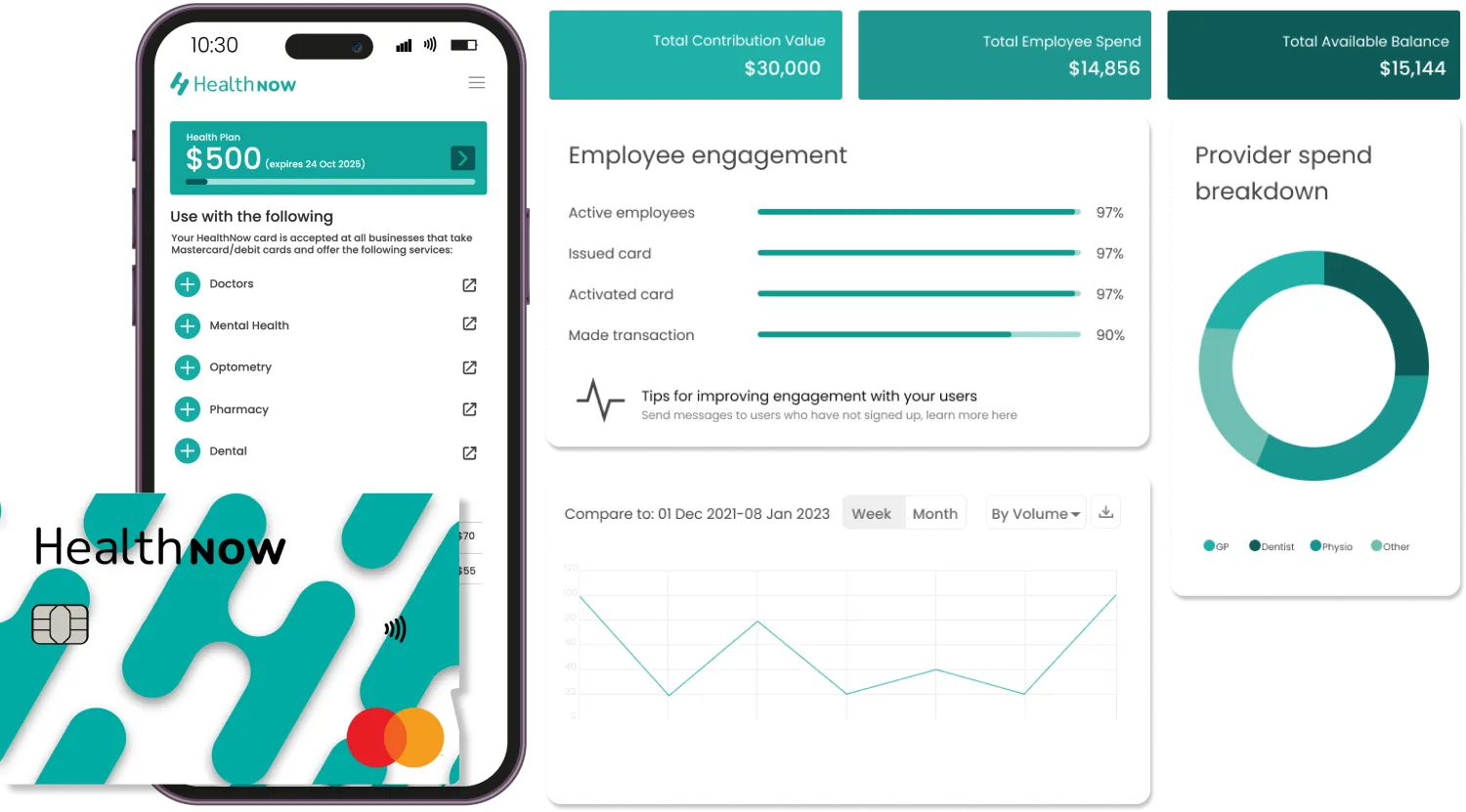Most of us will recognise the puzzling sensation of seeing either dark or transparent specks, spots, squiggles or flashes in our field of vision. While many initially ignore these visual disturbances in the hopes that they’ll go away on their own, seeing an optometrist is usually a good idea – especially if you’re seeing these flashes or floaters regularly.
Are Floaters A Concern?
Most of the time, floaters are harmless, short-lived visual disturbances that can last up to six months. They can, however, become more serious when they impair your vision and affect your ability to complete everyday tasks such as reading, driving a car, or carrying out recreational, sports or work activities that require a higher level of visual accuracy. Ultimately, the frustration of having floaters can have a significantly negative impact on a person’s quality of life, especially in younger adults.
In a few cases, seeing floaters may be a sign of a more serious underlying condition, such as when floaters are accompanied by regular flashes of light in your peripheral (side) vision, or if you have a sudden increase in the number of floaters in your vision.
What Is A Floater? What Am I Seeing?
Your eye is filled with a clear and transparent jelly-like substance called the vitreous, consisting of water, collagen, proteins, salts and sugars. The vitreous fills the space between the lens at the front of your eye and the retina at the back of your eyeball, allowing light to reach the retina and working to maintain the shape of the eyeball.
The retina captures the light that enters our eyes and transmits this information to our brain, which interprets it to produce an image. As we age, the vitreous gel may naturally shrink and the microscopic collagen fibres within the vitreous may pull away. As a result, these fibres can clump together, which then blocks light and casts tiny shadows on your retina – meaning that what you see isn’t actually the floater itself, but the shadow it casts onto the retina. This creates the appearance that something is floating in front of your eye.
Can Floaters Be A Sign Of Something More Serious?
While it’s important to remember that most floaters are not harmful and are caused by the natural deterioration of the vitreous as we age, on rare occasions, eye floaters can be a sign of eye injury or a more serious problem, including:
- Bleeding: Bleeding of the eye can take place when the retina is pulled and tears a blood vessel, or when conditions such as diabetes cause abnormal blood vessels to develop. Blood cells that are located in the vitreous can be seen as floaters.
- Inflammation: Inflammation in the eye can cause floaters when specks of inflammatory debris from the back of the eye find their way into the vitreous and cast shadows onto the retina. These shadows can appear as floaters.
- Retinal tear or detachment: Retinal tears occur when a sagging vitreous forcefully pulls on the retina and causes it to tear. This may damage a blood vessel within the retina, causing it to leak blood into the vitreous, producing a sudden and noticeable increase in floaters. Without swift treatment, a torn retina may become a detached retina, which may put you at risk of blindness. If you notice a sudden increase in the number of floaters in your vision or if you are experiencing floaters alongside flashes of light in your peripheral (side) vision, this can be an indication that your retina has torn or is starting to become detached, in which case it is recommended that you make an appointment with an optometrist for an assessment promptly
Floaters Or Flashes – What’s The Difference?
As we age, another common vision disturbance you may experience is flashes of light in the eye. Flashes are also caused by the vitreous gel rubbing, bumping or pulling on the eye, producing flashing lights or lightning streaks that flicker across your field of vision. These flashes can come and go for several weeks or months.
The main difference between floaters and flashes is that flashes are usually noticeable in a dark room, or at night time, whereas floaters are normally only seen when it is lighter, during the day. Both are usually harmless, but both can be a warning sign of trouble in the eye, especially when they suddenly appear or increase significantly in number. As with floaters, if you experience a sudden onset or worsening of flashes, contact your optometrist immediately, as this may also indicate a detachment of your retina. Floaters can indicate or be a symptom of:
- A posterior vitreous detachment (PVD) – a normal, age-related condition when the gel-like substance in our eyes starts shrinking and pulls on the millions of microscopic fibres that connect it to the retina at the back of the eye.
- Migraine: Migraines commonly trigger flashes, with one-quarter of all migraine sufferers also seeing bright flashes, spots, or zig-zag lines in their vision, known as visual auras. Researchers believe that migraines are closely linked to the eyes, and that migraines may be caused by a problem in the visual pathway that links the retina to the brain, as 4 out of 5 of migraine sufferers experience sensitivity to light, and up to 60% of the time, a migraine is triggered by light or glare in the first place.
- Macular degeneration: The macula is an area at the very centre of the retina, at the back of your eye. MD occurs when the arteries to your macula harden with age, or when abnormal blood vessels grow under the retina. This means that less oxygen and nutrients can travel to this part of the eye, which results in a gradual loss of your central vision, while your peripheral vision stays intact. People with MD may experience flashing lights in their central vision when new blood vessels or scar tissue from hardened arteries tug on the retina, which the brain perceives as bright lights.
- Diabetes: Diabetes can cause flashes in the eye, through a condition called diabetic retinopathy, which affects around 34% of all diabetes patients. Diabetes can damage the small blood vessels in the retina. The walls of these blood vessels may weaken, and leak fluid and blood into the retina, and they may close off and cause new, abnormal blood vessels to grow. These new blood vessels are fragile and can leak into your eye vitreous, which can cause blurry vision. The blood vessels can also cause scars that can tug at the retina and cause a retinal tear or detachment, which can result in spots, flashes of light, or vision loss.
What Can I Do To Help Prevent Floaters & Flashes?
While you cannot definitively prevent floaters, you can help reduce the risk of them developing by:
- Resting your eyes: Like all other parts of our body, our eyes are constantly repairing and healing, and most of this takes place while we are asleep. To allow your body to naturally repair and maintain the health of your vitreous and retina, ensure you get at least seven hours of sleep each night, and give your eyes frequent rests from the fatigue and strain caused by looking at computer screens or televisions
- Drink up: Water is essential for overall physical health, and your eyes are no exception. The vitreous gel that fills your eye consists of 98% water. Normally, the vitreous stays dissolved and remains transparent, however if you are regularly dehydrated, this substance can solidify and form floaters. Consuming the recommended intake of at least eight glasses of water a day will help to detoxify the body and the eye, which is essential to flush out build-ups of toxins in the eye that can lead to floaters
- Eat a healthy diet: Eat a varied and nutritious diet high in antioxidants to prevent inflammation which can trigger the development of floaters
- Protect your eyes from harsh light: Wearing a hat and sunglasses when outdoors will help to protect your eyes. When your eyes are under strain, like when exposed to harsh light, it can make floaters more noticeable
- Limit alcohol: High levels of alcohol in the blood can cause the vitreous to age prematurely, contributing to the development of floaters, so avoiding or limiting your intake of alcohol will help to avoid this risk and prevent floaters from occurring in the first place
- Stop smoking: Cigarettes contain a myriad of harmful chemicals which have been shown to contribute to the development and worsening of floaters
Get Your Eyes Checked Today Without The Upfront Cost
If you’re seeing floaters or flashes and are concerned, or want to rule out anything more serious, then start with an appointment with your optometrist. Unfortunately, with 39% of New Zealanders delaying medical appointments due to cost, this can make it difficult to make an appointment when your symptoms are first present.
Thankfully, there is an easier way to pay for your eye care via HealthNow – a Buy Now, Pay Later (BNPL) platform designed specifically for healthcare. Choosing to pay via the HealthNow app means that those needing optical services can split the total cost of their appointment into multiple payments over a maximum of twelve weeks, with absolutely no fees or interest.
Unlike other BNPL services, HealthNow meets a higher level of regulatory compliance to ensure that it operates with social responsibility, given its role in the health sector. While health consumers split their bill and delay the full upfront cost, optometry clinics get paid in full on the day by HealthNow, making it a win-win for the health industry.
Book your appointment with HealthNow
Registering for HealthNow is free and easy – and you can quickly start using it to access optometry services, doctors visits, pick up pharmacy medications – and much more. To start using HealthNow and claim your $10 credit when you first create an account, download the app here. You can also check out HealthNow’s full benefits and features, including a health wallet to store funds set aside for health services that can be contributed to by others including your employer.







